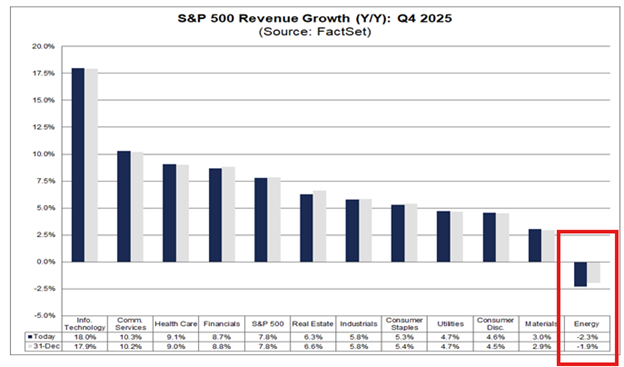ABSTRACT: Scholars across political philosophy, theology, economics, sociology, sociobiology, and history presently acknowledge that theistic and secular religions are similar in form and function. This essay goes further by establishing that all religions are congruent and otherwise complementary rather than being merely similar. All religions, regardless of their basis, are institutionalized behavioral responses to the “evil” represented by the scarcity of economic resources. All religions serve to unify populations for defense, cooperation, and production and proffer apologias for evil’s persistence in the presence of presumptively omnipotent, omniscient, and benevolent sovereigns (gods, kings, elected officials, etc.). All religions comprise a mix of metaphysical constructs and all religious “truths” are pragmatic in the sense of reflecting “what works,” to what end it works, and for whom it works. Leibnizian theodicy, an aspect of theology and precursor of radical utilitarianism and welfare economics, argues that creating “the best of all possible worlds” entails divine trade-offs that purportedly minimize evil. Today’s political economics and philosophy similarly entail faith-based approaches to creating “the greatest good for the greatest number,” often implying the backing of divine wisdom. The upshot is the panoply of man-made evils, often intentional, that are characteristic of illiberal democratic majorities and theocratic states.
Read the full article at the Journal of Libertarian Studies.
Note: The views expressed on Mises.org are not necessarily those of the Mises Institute.
Full story here Are you the author? Previous post See more for Next postTags: Featured,newsletter

























